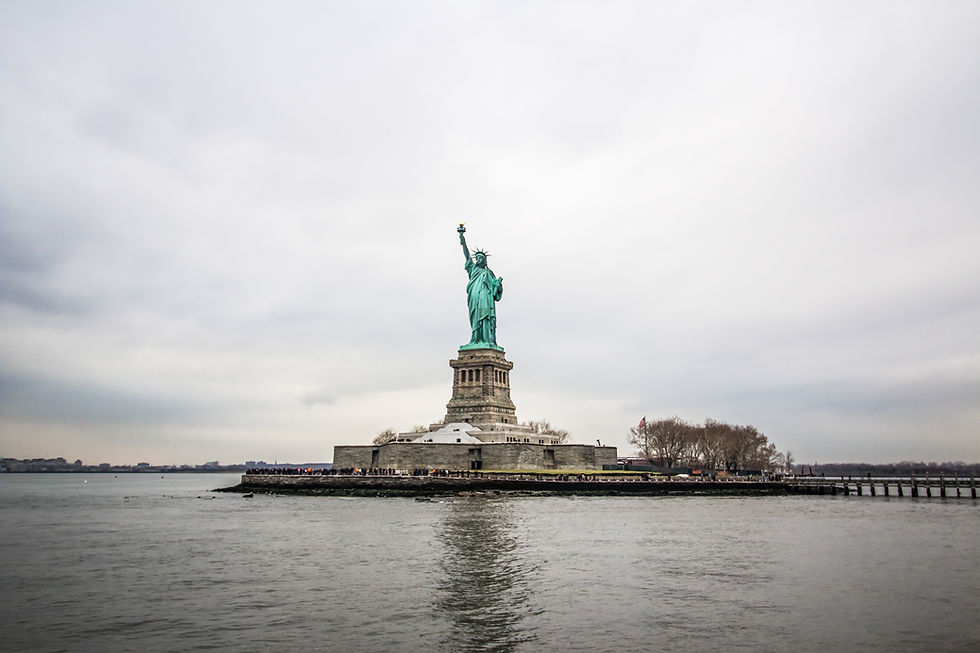Want politics out of schools? Keep politicians away, Oliver says
- Kelsey Lyon
- May 10, 2023
- 2 min read
Student-led learning would transform education, no matter what schooling looks like.
ATLANTA - Government micromanages how schools operate and what they teach, neglecting young people who see their learning stunted and insulting teachers who joined the profession to inspire their students.
“When you create one-size-fits-all, you create the cracks that students fall through,” says Chase Oliver.
“If I’m elected president, I advocate that federally, we end the Department of Education, and decentralize our education.”
Governments have inserted themselves into education and distorted it for political gain, Oliver says, making public school systems about political control. Their conversations about education cluster around buildings and institutions rather than the people - students, parents, teachers - and what should be the goal - building lifelong learners.
Oliver sees decentralization and competition as ways to shift that conversation from locking everyone into politician-controlled public systems to student-led education - methods, and delivery that can vary, even among children in the same home.
It also could ease the problems arising across the country where some parents want stricter limits on books, while others see these as book bans. Moving that decision to specific parents within specific schools takes that authority away from statehouses, where they are making ham-handed decisions that leave most people unsatisfied, if not terrified.
“If we had a real marketplace of education, where parents and students were to decide where to send their kids, I think we wouldn’t have that issue. Parents would have the control and the power to send their kids to whichever school and they could decide their own library policy.”
Most families have chosen schools much like the ones they attended, Oliver says, whether public or private, even in states that provide funding for private-school tuition. These families choose schools based on test results, sports, extra-curricular, special-education offerings, and access to transportation.
Oliver’s home state of Georgia gives families some options to attend public school beyond the one assigned to their addresses, charter and magnet schools (both are public schools with more opportunities to innovate and specialize), scholarship funds for private schools, online schools, pods, and homeschools.
Oliver would like to see greater opportunities for families to find the best fit for their children: “Not every child is the same,” he says.
“That’s one of the radically great things about the decentralization of education: It allows for more control on an individual, case-by-case basis and less control over other children and what their parents want them to have access to.”
Oliver was the first openly gay Senate candidate in Georgia, where he garnered over 80,000 votes and forced a runoff between the Republican and Democratic candidates. Oliver is running for president, seeking to be the Libertarian Party candidate in 2024.
To learn more about Chase Oliver, please visit votechaseoliver.com.
###
For media requests, please email us at:




Comments